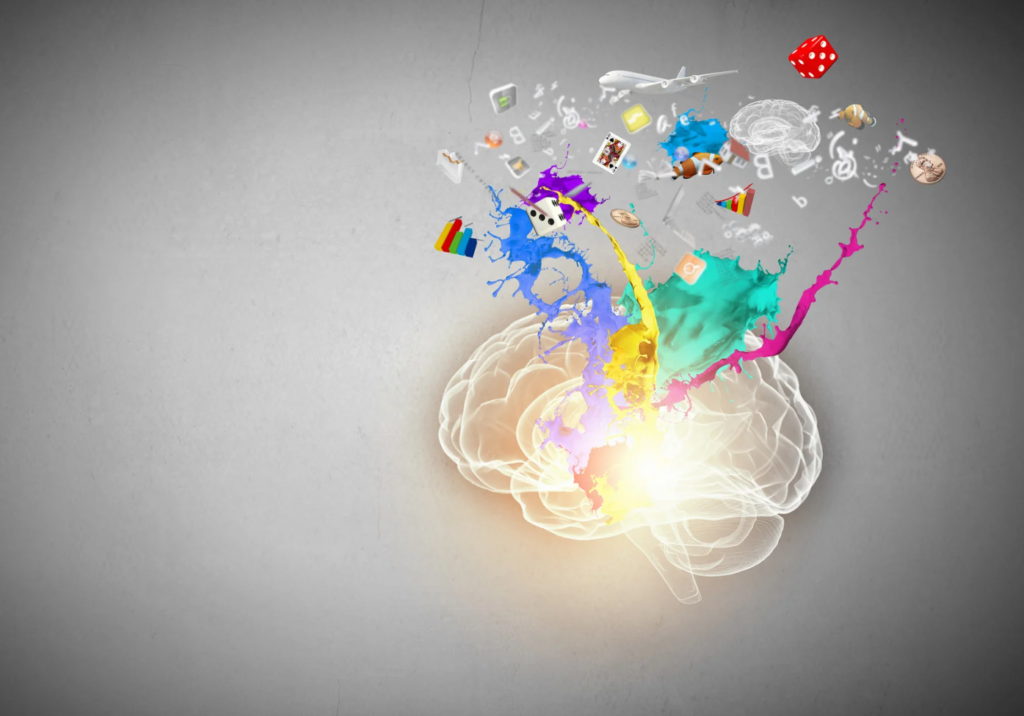
Language, as the primary medium of human communication, does more than just enable us to converse with one another. It shapes our thoughts, colors our experiences, and even influences our perception of reality. This phenomenon, where the structure of a language impacts the speaker’s worldview, is often referred to as the theory of linguistic relativity. But does language truly alter our perspective of the world? Let’s explore that together!
Historical Overview: The Sapir-Whorf Hypothesis
At the heart of the linguistic relativity debate is the Sapir-Whorf hypothesis, named after linguists Edward Sapir and Benjamin Lee Whorf. The hypothesis suggests that the structure of a language determines, or at least influences, the way its speakers perceive and think about the world. There are two main versions of this hypothesis:
- Strong version (linguistic determinism): The language we speak determines the way we think and perceive reality.
- Weak version (linguistic relativity): The language we speak influences our thoughts and perceptions, but doesn’t determine them.
Examples of Linguistic Relativity
Color Perception: Different languages categorize and name colors differently. For instance, while English distinguishes between blue and green, the Russian language has separate words for light blue (“голубой” – goluboy) and dark blue (“синий” – siniy). Experiments have shown that speakers of such languages are quicker at distinguishing shades that their language categorizes distinctly.


Orientation and Direction: While English speakers use egocentric terms like “left” and “right” to describe spatial relations, some indigenous communities, such as the Guugu Yimithirr of Australia, use cardinal directions like “north” and “south”. Consequently, their awareness and orientation with respect to cardinal directions are profoundly sharp.
Concept of Time: In English, time flows horizontally (past is behind, future is ahead). However, the Aymara people of the Andes perceive the past as in front of them and the future behind. Their language reflects this, leading to a fundamentally different conceptualization of time.


Action and Responsibility: Some languages, like Spanish or Japanese, often use passive constructions when describing accidents. For example, in English, one might say “I broke the vase”, while in Spanish, it could be “Se me rompió el jarrón” (The vase broke on me). Research suggests that speakers of such languages might remember accidental events with less assignment of blame.
Controversies and Criticisms
While there’s compelling evidence for linguistic relativity, it’s essential to note that not all scholars fully endorse it. Critics argue that:
- Universality of Human Experience: While languages might emphasize different things, humans across the globe share a vast array of experiences and emotions, suggesting that cognition isn’t entirely language-dependent.
- Bilingualism: Bilinguals, who switch between languages, provide a challenge to the strong version of the hypothesis. Their fluidity across languages suggests that cognition can operate independently of linguistic structures.
While the debate around linguistic relativity continues, it’s undeniable that language plays a pivotal role in shaping our experiences, memories, and perhaps even our worldview. However, whether it determines our perception or merely influences it is still a topic of research and discussion.
In a world where cultures merge, and multilingualism is on the rise, understanding the intertwining of language and thought becomes even more crucial. After all, it’s through this mosaic of linguistic diversity that we get a richer palette of human experience and cognition.
